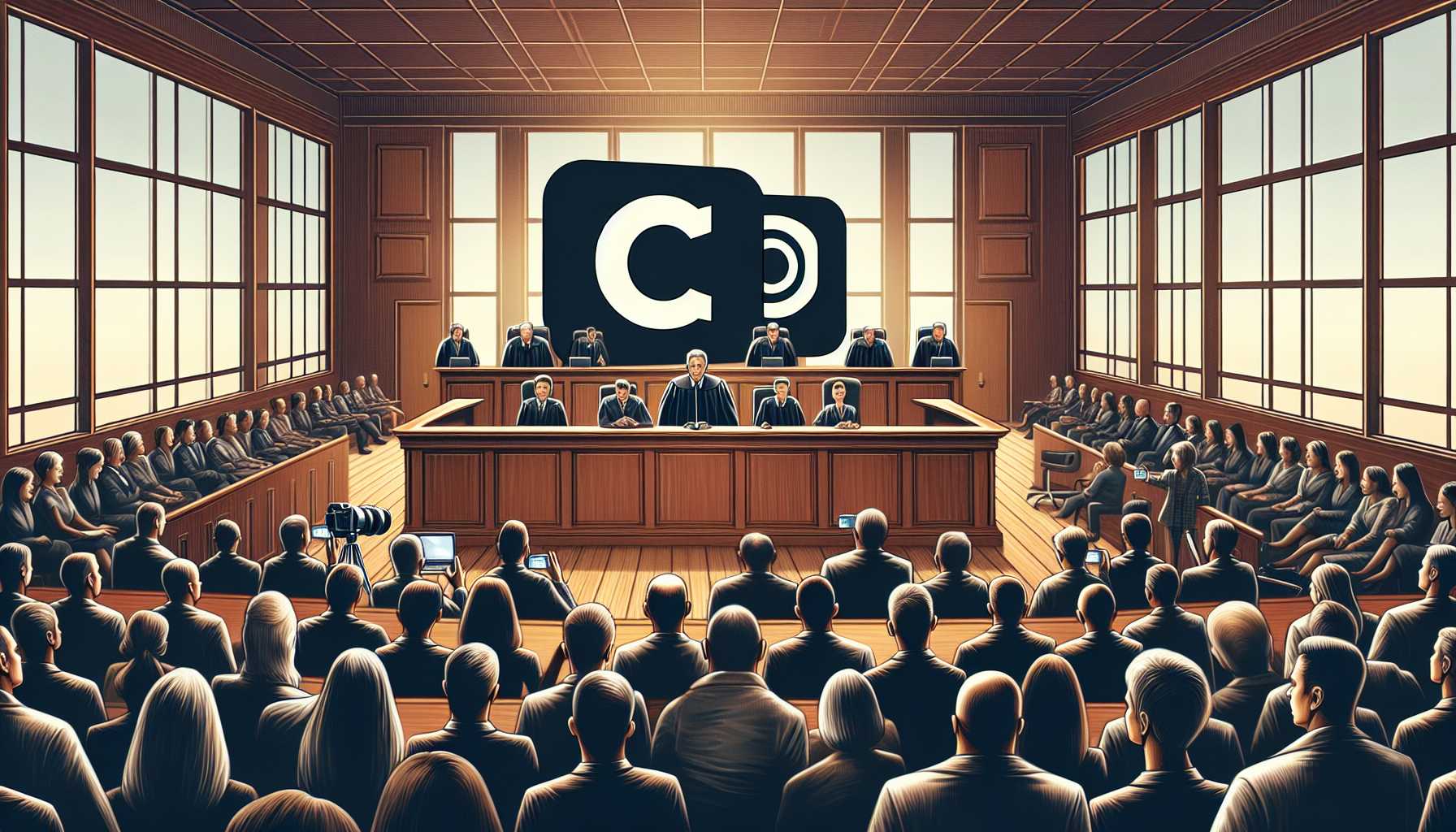The Antitrust Spotlight Illuminates Apple’s Orchard
Apple finds itself in a piquant predicament, with the US Department of Justice (DOJ) sharpening its legal cutlery against the tech titan’s alleged monopolistic ways. The story goes that Apple has managed to entwine users within its tightly woven ecosystem with velvet ropes that increasingly resemble iron chains. At the risk of stifling a choir of dissenting voices, one cannot help but wonder if Apple’s ‘walled garden’ is less about horticultural mastery and more akin to constructing an unbreachable fortress. Apple stands accused of oppressive practices that suffocate competition. One can’t help but raise an eyebrow—could this be a digital déjà vu of Microsoft’s legal scuffles in the ’90s? It’s a narrative spun with modern thread, yet cut from an all-too-familiar cloth.
The DOJ’s Antitrust Arsenal: A Glimpse Inside the Case
Apple, in its opulent corner of the tech ring, allegedly coerces its aficionados into exclusivity with tactics that seem cunningly coercive. The DOJ doesn’t mince words, declaring Apple as the Goliath of gatekeepers, controlling what apps grace the presence of its App Store, and which are cast into technological exile. The company’s strategy with its closed communication ecosystem where the notorious green and blue bubbles of iMessage serve not only as a mark of inter-operability but also as a subtle insignia of allegiance. Making a switch to a competitor feels not only technically tedious but almost like a social faux pas. Moreover, the gavel of justice looms over other alleged acts of mischief—cloud gaming handcuffed to pricey Apple hardware, third-party smartwatches shackled to limited functionalities, and messaging apps muzzled to maintain iMessage’s supremacy.
Super Apps Suppressed and Streams Stymied
Apple’s crusade against super apps stands out like a sore thumb. These digital Swiss army knives, laden with a broad spectrum of functions, pose a threat to Apple’s dominion. Is it proactive protectionism or downright suppression? Similarly, the saga of cloud streaming services—Apple stands accused of hobbling them, advocates for decentralization cry foul, believing that Apple’s insistence on expensive hardware is an excuse veiled in a garb of quality control.
Redis’s License Leap: An Open Source Overture
Shifting from the courtroom to the tech boardroom, Redis, the popular in-memory data store, has opted for a dual-license dance, potentially throwing a spanner in the works for giants offering comparable services for free. With giants like Amazon and Microsoft securing deals with Redis, it begs the question—will this start a trend amongst open-source platforms looking to chart a similar course?
The DOJ’s Dramatic Déjà Vu with Tech Titans
Tracing back the roots of this legal quandary brings us to an intriguing parallel, a blast from the past with Apple casting stones at Microsoft’s glasshouse. Fast forward to today, and Apple’s practices have triggered a head-on legal collision. Allegations run rampant with Apple’s App Store protocols being dissected under the judicial microscope. The suit is peppered with historical context, and a sprinkle of ironic twist, drawing lines of continuity and contrast with the company’s previous corporate positions. As an arbiter of tech justice, one can’t help but relish in the rich tapestry of tech evolution, coming full circle in the form of courtroom drama.
In conclusion, we bear witness to a tale as old as Silicon Valley itself—innovation vs. consolidation, freedom vs. control, with the DOJ seeking to weave through the labyrinth of Apple’s defensive ploys. As this high-stakes narrative unfolds, tech aficionados and industry analysts alike will be eagerly following each twist and turn. Is this case the harbinger of a more openly competitive smartphone market, or merely another chapter in Apple’s illustrious yet contentious legacy? Only time will tell. will tell.





